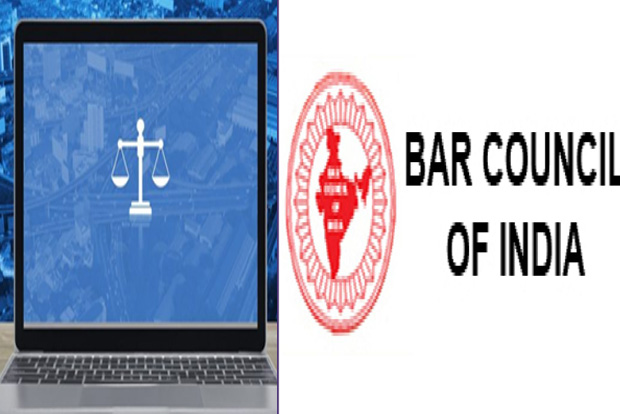Begin typing your search...
Virtual hearing a difficult proposition in India: Parl panel
Pointing out that virtual courts have now become the primary or the only means for dispensation of justice, the Parliamentary Standing Committee on Personnel, Public Grievances, Law and Justice, expressed unhappiness over slow progress of e-courts integrated mission. This has made virtual hearing an impossible proposition in India, while it is lifelike and engaging elsewhere in the world, it added

Chennai
The observation was based on international experience that virtual courts were not a new phenomenon and that many countries have adjudicated cases ranging from low-value civil disputes to complicated criminal cases virtually without advocates, litigants and witnesses having to set foot in the courtroom.
Noting the digital divide that makes access to justice unaffordable and inaccessible for a vast majority, the committee expressed hope that the E-Seva Kendras planned to be set up at all court complexes in the country would bridge the gap.
In the coming days, advocates should use technological skills in combination with their specialised legal knowledge, it said, asking the Bar Council of India to introduce computer as one of the subjects to enable law students to adapt to online systems.
“The crux of the committee’s report is based on the aspect that court is more of a service than a place. Hence, it believes that virtual courts which is the new normal will unlock the courts and also mitigate the inconvenience of attending courts as long-distance travels can be dispensed with and proceedings become less expensive as well,” said Rajya Sabha MP and former additional solicitor general P Wilson, a member of the committee. An important recommendation was to extend virtual court proceedings to cover arbitration, conciliation and summary trials so that travelling to distant locations can be avoided.
Seeking the judiciary to consider innovative solutions like mobile videoconferencing facilities, the committee said improving the quality of courtroom technology was a necessary precondition for virtualisation of court proceedings. Citing the data provided by the e-Committee of the Supreme Court that only 3,477 courtrooms had video conferencing facility while 14,443 courts did not, the committee said the real benefit of virtual courts would percolate down only when there was sufficient infrastructure in place.
Visit news.dtnext.in to explore our interactive epaper!
Download the DT Next app for more exciting features!
Click here for iOS
Click here for Android
Next Story



